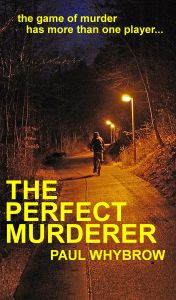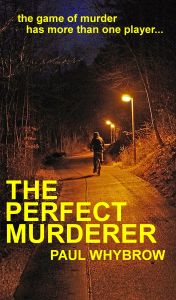A report in the Telegraph newspaper last week,written by thriller author Rebecca Whitney,highlights how it is women who predominantly read this genre of crime novels.
As Mark Twain observed – ‘There are three kinds of lies : lies,damned lies and statistics’ Some of the research findings quoted in this report,such as 68% of readers of thrillers are women,need to be taken with a pinch of salt. Any survey is dependent for its accuracy on many different factors. What’s produced from a poll taken at a conference of fans of crime fiction would produce different results to a street survey of passing shoppers.
This newspaper report makes a number of sweeping generalisations about how the sexes are hardwired differently,that had they been aimed at proving differences between the races,would have caused outrage. Nevertheless,the writer’s thoughts on how women relate to working out how to resolve an unhappy situation to restore order,is a precise way of summing up what happens in the story arc of a thriller.
Crime stories are one of the best selling genres of fiction,with the figure of 25% commonly bandied about for online sales. This partly influenced me,when I was thinking what to write about for my first novel as 2014 began. I’d already written fourteen short stories and novellas,as well as several hundred poems in the previous eighteen months. These tackled love and romance,science-fiction,the paranormal,self-identity and thrillers with a twist to them.
I had a number of concerns that I wanted to address about the state of modern society. These included CCTV,the dehumanising effects of video-gaming,exposure to violent images and how demobbed soldiers remain traumatised by what they’ve seen and done in combat zones. Such themes suggested a psychological thriller to me,and as part of the overall atmosphere of paranoia that I intended to create,I would emphasize how the system,the establishment,protects itself with cover-ups when it makes mistakes.
I worked long and hard on ‘The Perfect Murderer’,which took some 4,000 hours to produce. I was pleased with the result,while being unsure if it worked as a story that would grab a reader. Fortunately,a good and trusted friend volunteered to be my first reader. She has a fine mind and keen eyes,so is good at pointing out semantic mistakes and dodgy grammar. I was interested to know what she would make of the plot,as she doesn’t normally read thrillers.































